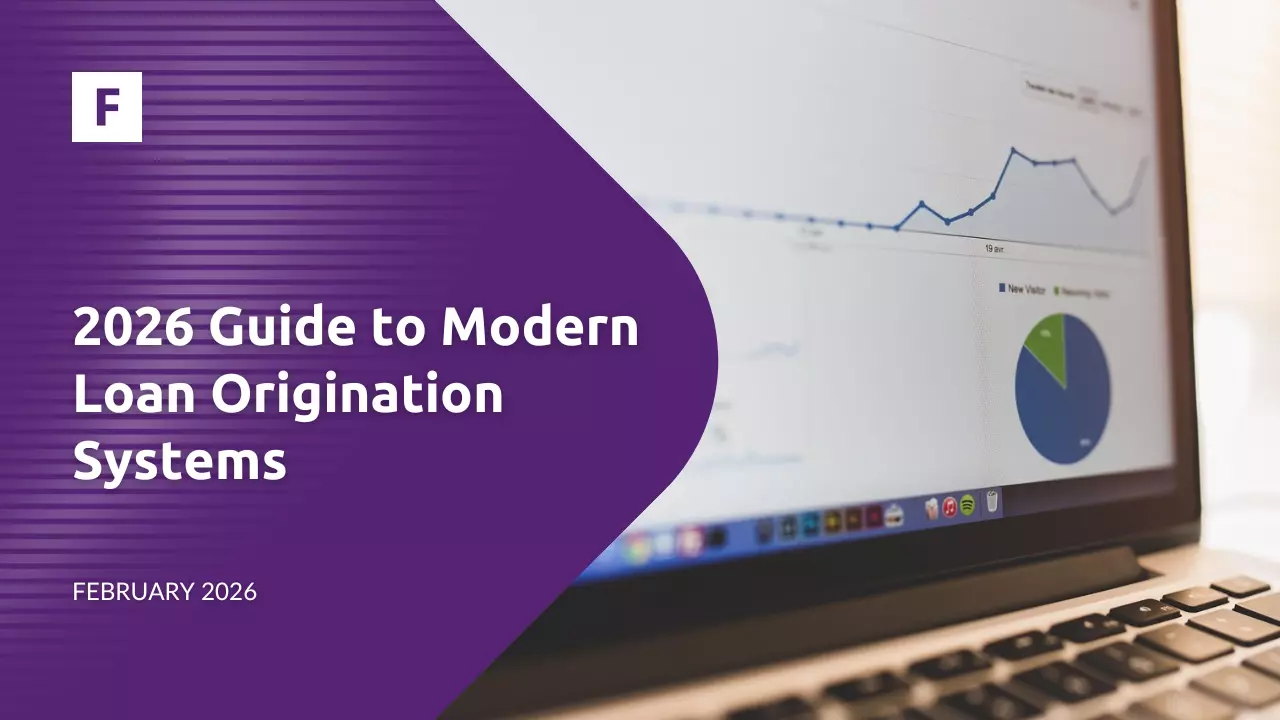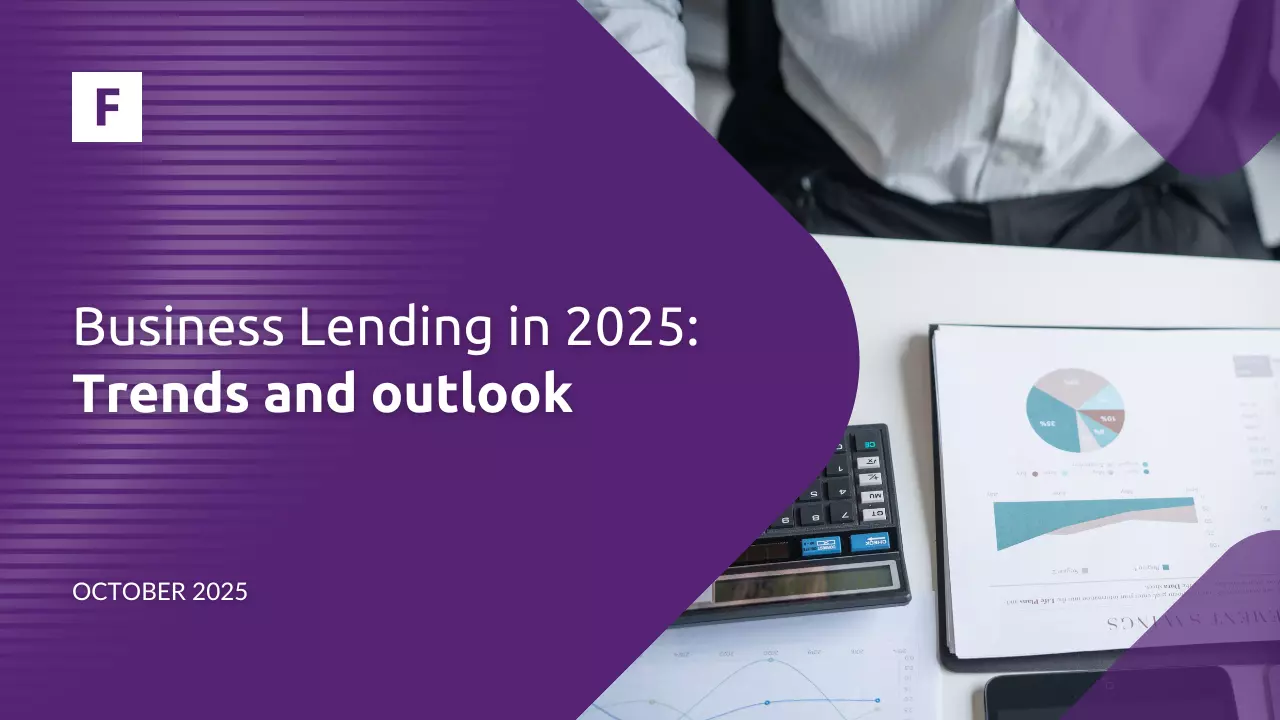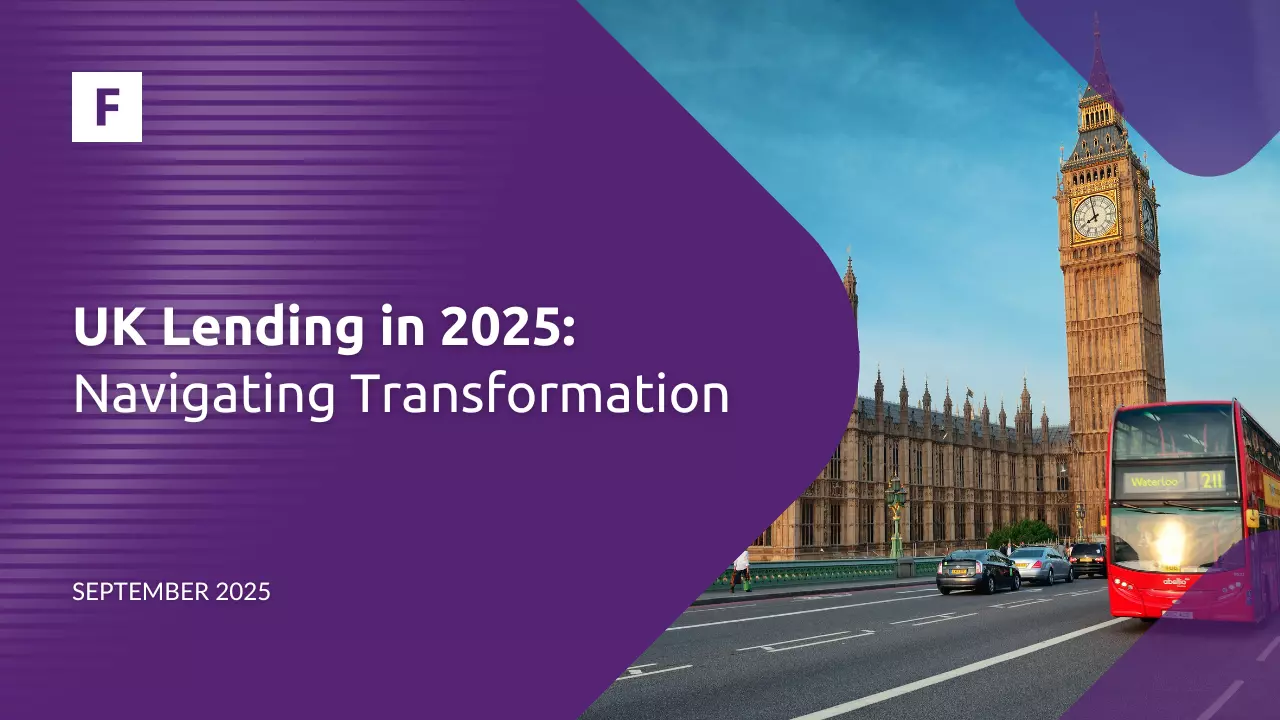Latin America is quickly becoming a fintech hotspot with a dynamic landscape of startups and established players driving innovation. Fueled by increasing mobile technology access, internet connectivity, and favorable government regulations, the region's fintech industry keeps rising and this year looks promising for the ecosystem.
See our carousel post on LinkedIn about this topic.
The expansion of fintech activities in the region are driven by the growing demand for online banking solutions, favorable demographics and a sizable underserved population. The most active fintech niches in LatAm:
Neobanks: continue to lead the fintech sector. Out of the 52 regional neobanks, 24 are from Brazil. They have experienced a massive growth, with the number of customers more than doubling between 2019 and 2021 to nearly 80 million.
E-Commerce: At the end of 2022 cash represented 37% of all formal retail payments in its top six markets, vs. 70% in the pre-pandemic era. Digital wallets already respond for 11% of e-commerce volume in Latin America, with USD 20.5 billion in transactions in 2020, according to a forecast from AMI (Americas Market Intelligence) for the seven main markets in the region (Brazil, Mexico, Colombia, Argentina, Chile, Peru and Uruguay).
Digital Payments: Instant money transfers are boosting financial inclusion in LatAm. According to an annual LatAm study by AMI, it is projected that across the region, instant bank transfers and digital payments will grow more than 40% and 20% annually through 2026 respectively.
Insurtech: The Insurtech segment has seen a significant development, growing at an average annual rate of 46% after the pandemic. According to a research report by VC Atlantico, insurance premiums made up approximately 4% of GDP in Brazil and Chile in 2020. For Mexico and Argentina, the percentages were even lower, with 2.6% and 2.2% of GDP being represented by insurance premiums, respectively.
Open Banking: According to figures from the Allied Market Research report, the size of the open banking market will reach US$43,152 million in 2026. In addition, it is estimated that more than 70 countries are advancing their open banking regulatory frameworks.
The decree 1297 of 2022 has created a regulated ecosystem for open banking and open finance in Colombia. Mexico and Brazil have regulations published while other countries like Argentina and Peru are working on it.
At the end of 2018 there were 1,116 fintech startups in LatAm, and by 2021 the number of fintech companies were 2,482. 31% of the fintechs are located in Brazil, while Mexico has 21% of the share, Colombia and Argentina share 11%, and Chile has 7%.
This is how LatAm fintechs operate
25% Payments and Remittances 18% Lending 15% Banking software 11% Corporate finance management 7% Personal finance management 7% Insurance 5% Crowdfunding 5% Digital banks
The Regulatory Landscape
In 2018 only Mexico had a law regulating fintech. Ecuador approved their Fintech Law (Organic Law for the Development, Regulation and Control of financial technology services), in December 2022.
In Brazil, fintech products and services involving payments and lending are subject to the rules issued by the National Monetary Council (CMN) and the Central Bank of Brazil (BCB), and crowdfunding are subject to the regulatory framework issued by the Securities and Exchange Commission (CVM).
Countries like Chile, Argentina, Colombia and Panama have laws in the pipeline.
Funding of Fintech LatAm
Fintech funding has evolved from angel investors and personal contacts to risk capital and accelerators/incubators, indicating the maturation of the industry. Funding for fintechs saw a steady rise pre-pandemic, with monthly averages growing from $38 million in 2015 to $90 million in 2019.
About Fintech Market
Fintech Market (FTM) operates as a prominent player specializing in lending software solutions. FTM provides an all-encompassing, no-code loan origination software suite designed for financial service institutions. This versatile platform caters to various financial products, such as loans, deposits, current accounts, and investments, while also boasting essential features like CRM, KYC, risk management, and debt management. FTM's clientele consists of neobanks, SME loan providers, car leasing enterprises, and buy-now-pay-later service providers situated in the European Union, Mexico, and Indonesia. FTM offers customized solutions to enhance and streamline their operations effectively.







